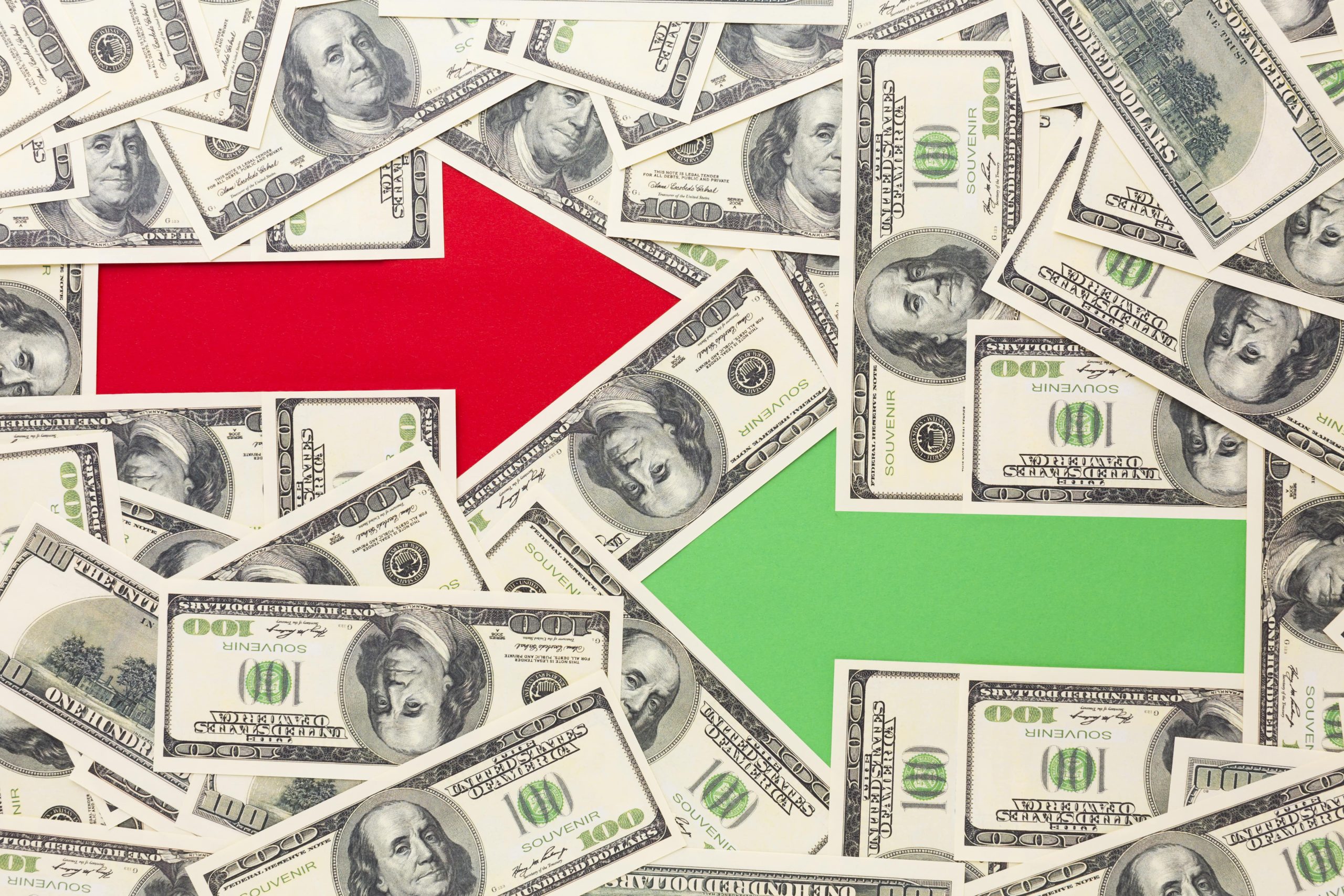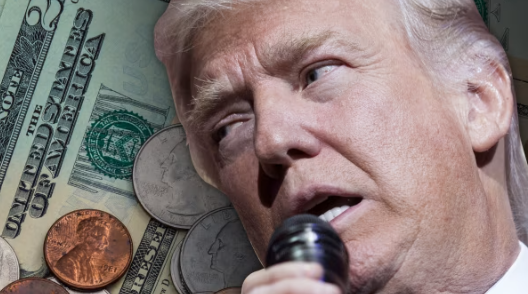In today’s world, global events hit us one after another—wars, economic shifts, political changes, you name it. And when uncertainty spikes, the forex market (foreign exchange market) is often the first to feel it. Whether it’s a big economic announcement or political tension somewhere around the world, forex rates can swing wildly. Here, we’ll dive into how the forex market reacts to global uncertainty and what traders need to know to stay ahead.
Why Global Uncertainty Matters to the Forex Market
The forex market operates on one main thing: confidence. When there’s trust in a country’s economy, its currency generally holds value or strengthens. But when global events shake things up, currencies can rise and fall quickly. Uncertainty often sends traders scrambling as they try to predict what comes next, which can lead to some big price swings.
For those tracking these changes, FXpricing offers reliable data and analysis on real-time forex rates. This kind of real-time data can be crucial during times of uncertainty, as forex markets can be quick to react to any sudden news.
Key Drivers of Forex Market Reaction to Global Uncertainty
Not all uncertainty is the same. Different kinds of events can have unique effects on the forex market, and here are some of the big ones:
1. Political Tensions and Conflicts
Political unrest, wars, or conflicts often send the forex market into a frenzy. For example, when two countries enter a dispute, traders may pull out investments from those regions, causing the currencies to weaken. On the flip side, they might put their money into “safe haven” currencies like the U.S. dollar (USD) or Swiss franc (CHF), which typically hold value during rough times.
If you’re watching these trends, it’s wise to check FXpricing’s market data to see how these currencies are performing in real-time. Knowing how to spot these safe havens in times of uncertainty can give you an edge when it comes to trading.
2. Economic Policy Changes
When central banks change interest rates or release new monetary policies, the forex market listens. For instance, a sudden interest rate hike by the U.S. Federal Reserve can boost the dollar, as it signals economic strength. But if they announce a rate cut, the dollar may drop as it reflects possible economic struggles.
For traders, tracking these announcements with an economic calendar like the one offered by FXpricing is essential. It helps you see what’s coming up and plan trades around these big announcements.
3. Natural Disasters and Pandemics
Natural disasters and global health crises can shake the forex market, too. Think about COVID-19—it disrupted supply chains, grounded flights, and caused major shifts in economies worldwide. Currencies from tourism-dependent economies took a hit, while others, like the USD, benefited as investors looked for safer options.
If you can anticipate the impact of these events, it can help you make smarter trading decisions. FXpricing’s real-time data and live charts help track currency responses to these unforeseen circumstances.
4. Trade and Economic Sanctions
Economic sanctions or trade wars between countries can severely impact their currencies. For example, during trade tensions between the U.S. and China, the yuan and dollar both faced instability as both sides imposed tariffs on each other’s goods. Sanctions on a country can lead to a sharp drop in that country’s currency value as global investors withdraw.
FXpricing’s news updates and analysis help you stay informed about these trade issues. Understanding the market sentiment around these sanctions can guide your trading strategies effectively.
Trading Strategies to Handle Forex Market Uncertainty
Handling uncertainty in forex isn’t just about knowing the news; it’s also about having the right strategy to adapt. Here are a few approaches you can try:
1. Diversify Your Portfolio
Putting all your eggs in one basket can be risky during uncertain times. By diversifying, you’re spreading out that risk. So, if one currency falls, you’re not facing an all-out loss. For example, holding a mix of USD, EUR, and JPY can give you a balance if market swings hit just one of these currencies.
FXpricing provides customizable dashboards, so you can monitor multiple currencies at once, helping you diversify more easily.
2. Use Stop-Loss Orders
A stop-loss order is a way to set an exit price on a trade, protecting you from further losses if the market suddenly dips. It’s especially useful when things are unpredictable since it minimizes potential losses. Many traders see stop-loss orders as essential for forex trading in uncertain times.
With real-time data from FXpricing, you can set smarter stop-loss orders, because you’ll have up-to-the-minute data on each currency’s movement.
3. Focus on Safe Haven Currencies
In times of uncertainty, safe-haven currencies like the USD, CHF, and sometimes gold can help offset risks. These assets tend to hold value even when other markets dip. Tracking these currencies during global events can offer you a more stable trading option.
FXpricing’s live forex charts and analysis can help you keep an eye on safe-haven currencies, allowing you to move your investments as the market reacts to global uncertainty.
4. Trade Smaller Positions
If you’re not sure which way the market’s going to go, trading smaller positions is a good idea. By lowering the amount you’re trading, you limit your risk while still staying in the market. This approach helps in keeping your losses manageable during turbulent times.
The Role of FXpricing in Forex Market Analysis
FXpricing isn’t just a data provider; it’s an invaluable tool for traders who want to stay updated on forex and other financial markets. Here’s what FXpricing offers to help you manage trading under uncertainty:
1. Real-Time Data and Historical Insights
With FXpricing’s real-time and historical forex data, you can monitor the latest price movements and track long-term trends. Knowing how currencies have reacted to past events can give you clues for handling similar situations in the future.
2. Customizable Dashboards and Market Analysis
With FXpricing’s customizable dashboards, you can set up your account to only show the data you need. This way, you’re not distracted by irrelevant information and can focus on the markets that matter most to you.
3. Economic Calendar for Tracking Major Events
An economic calendar is essential for forex traders. FXpricing’s economic calendar shows upcoming events like central bank announcements, policy decisions, and other key data releases. Knowing when these events are scheduled lets you prepare and time your trades strategically.
4. News Updates and Market Insights
FXpricing’s news and market insights keep you informed about what’s happening in the financial world. From major news stories to in-depth analyses, FXpricing offers a steady stream of information to help you make well-informed trading choices.
FAQs
1. What are the main factors affecting forex markets during uncertain times?
Global events like political conflicts, economic policy changes, natural disasters, and trade wars are major factors that can impact forex markets.
2. How does real-time data help in forex trading?
Real-time data provides up-to-the-second information on forex rates, which is crucial during uncertain times when markets can react instantly to global events.
3. What is a “safe haven” currency, and why does it matter?
A safe-haven currency is one that generally holds its value during times of uncertainty. Currencies like the USD and CHF are often considered safe havens, helping traders minimize risk.
4. Why should I use an economic calendar for forex trading?
An economic calendar helps traders keep track of important events that could influence the forex market, allowing them to plan trades around major announcements or policy changes.
5. What is FXpricing, and how can it help me trade forex?
FXpricing is a financial data provider that offers real-time and historical data, customizable dashboards, an economic calendar, and market insights for forex and other financial markets. It’s designed to help traders stay informed and make strategic decisions.




